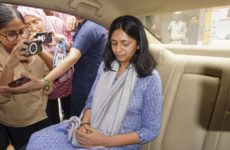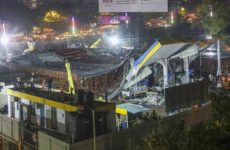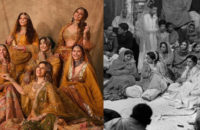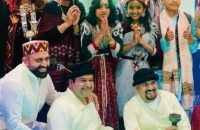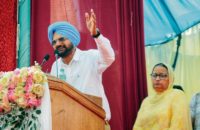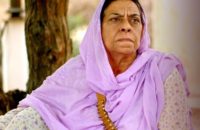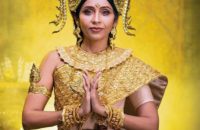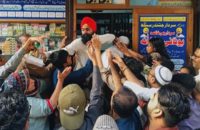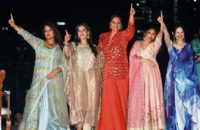New Delhi, July 20
Can the State use data collected by its agencies from citizens to track individuals suspected of being involved in terrorism and other criminal activities?
A nine-judge Constitution Bench headed by Chief Justice of India JS Khehar posed this question to petitioners who wanted the top court to declare right to privacy a fundamental right.
“If the State tracking is in the apprehension that you may be involved in terrorism, then can the State use that data,” asked Justice DY Chandrachud during the second day of hearing on right to privacy.
“To what extent you can assert privacy to suppress you identity,” Justice Chandrachud asked.
“On the basis of data collected by crime record bureaus around the world, some governments do profiling to find out people who are likely to commit crime. If the government uses the same data to disseminate economic benefits of its programmes, then it’s not profiling,” Justice Chandrachud commented.
The bench also wanted to know at what stage legal oversight would apply — at the time of collection of citizens’ data or while using the same.
“If it is at the collection stage, then the State will be able to collect the data only after a terror act (had taken place),” the bench commented.
Senior counsel Anand Grover said there was no problem in collection of data but the problem would arise if the government started tracking citizens and the data in question fell in the hands of private entities that were not under anybody’s control.
On behalf of one of the petitioners, senior counsel Sajan Poovayya, too, said the State can collect data from citizens and use it for crime prevention and detection but it has to be done through proper law providing with safeguards.
“State can’t be entrusted with citizens’ data without proper oversight being there. Declaring right to privacy a fundamental right is the first step towards ensuring oversight,” Poovayya said, adding, “The State can’t become Dark Web and it has to protect my digital existence.”
Giving the example of the UK which destroyed biometric data collected from citizens by a legislative mandate, Poovayya said: “If you (State) don’t have the wherewithal to protect my information, don’t collect it at all.”
He said in the digital world collection of data and its analysis happened simultaneously and any cyber activity generated lots of data which could be used to track the user’s activity putting his/her privacy at risk.
During the hearing, Justice SK Kaul raised the issue of possible violation of right to privacy by private players.
Noting that a large section of India’s digital population was not aware of its right to privacy, Justice Chandrachud said: “There could be a situation that 99% (people) are unconcerned about privacy. But under the Constitution that may not be an important test.”
Attorney General KK Venugopal would present the government’s views on the issue on July 25.
On Wednesday, the bench had said if it were to declare right to privacy a fundamental right, the ruling would impact curative petitions seeking to de-criminalise homosexuality in India. “Marriage, procreation are facets of privacy… sexual orientation is also about privacy. If we say there is a fundamental right to privacy, our judgment in Naz Foundation becomes vulnerable,” Justice Chandrachud, who is part of the nine-judge Constitution Bench, had said.




 Hundreds of Indian students facing ‘deportation’ from Canada stage protest
Hundreds of Indian students facing ‘deportation’ from Canada stage protest
